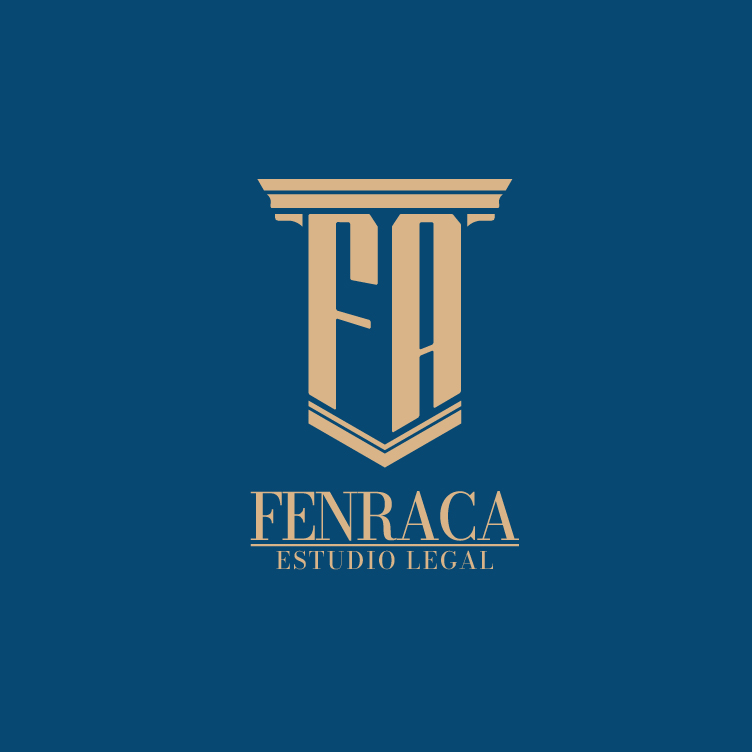Best Probate Lawyers in Dominican Republic
Share your needs with us, get contacted by law firms.
Free. Takes 2 min.
Or refine your search by selecting a city:
List of the best lawyers in Dominican Republic
About Probate Law in Dominican Republic
Probate law in the Dominican Republic governs the process of passing on a deceased person's estate to their heirs or beneficiaries. This legal procedure ensures the proper distribution of the deceased’s assets, settlement of debts, and fulfillment of the terms of the will, if one exists. In the absence of a will, intestate succession laws apply. The probate process can be complex, often requiring navigation through various legal documents and compliance with local requirements.
Why You May Need a Lawyer
Engaging a lawyer in probate matters can be crucial for several reasons. Firstly, the probate process involves multiple legal formalities that can be overwhelming for someone unfamiliar with the legal system. Common situations where legal assistance is beneficial include:
- Disputes among heirs or beneficiaries regarding asset distribution.
- Complex estate with significant assets or debts.
- Ambiguities or challenges related to the will.
- Requirement for tax filings or dealing with foreign assets.
- Settling debts and obligations of the deceased's estate.
Having a lawyer can help ensure everything is managed lawfully and speed up the process, reducing stress and potential conflicts among involved parties.
Local Laws Overview
The probate process in the Dominican Republic is governed by various local laws and regulations that ensure the fair and legal distribution of a deceased person's estate. Key elements include:
- Intestate Succession: If no will exists, the estate is distributed according to predetermined rules that prioritize close relatives.
- Will Validation: A will must be validated through the legal system to take effect.
- Notary Involvement: Notary professionals often play a crucial role in authenticating wills and facilitating the smooth transition of assets.
- Estate Administration: Executors, often appointed by the will, are responsible for managing the estate, paying debts, and distributing assets as per the legal directives.
- Public Registry: Properties, especially real estate, need to be registered appropriately in the legal system to validate transfers.
Understanding these elements can help ensure compliance and avoid legal complications during probate procedures.
Frequently Asked Questions
What is probate?
Probate is the legal process through which a deceased person’s estate is administered and distributed under court supervision.
Do all estates have to go through probate in the Dominican Republic?
Not necessarily. Smaller estates may bypass probate if the total value falls under certain thresholds or if proper measures like joint ownership are in place.
How long does the probate process take?
The duration can vary greatly depending on the complexity of the estate, the existence of a will, and any potential disputes. It can take several months to years.
Can a foreigner act as an executor of a will in the Dominican Republic?
Yes, but it may require additional legal work to ensure their responsibilities are fulfilled according to Dominican law.
What happens if someone dies without a will?
If there's no will, the estate is distributed according to intestate succession laws, which prioritize family members like spouses, children, and parents.
Can a will be contested?
Yes, interested parties can contest a will, often citing issues like incapacity of the testator or undue influence during drafting.
Are there taxes on inherited property?
Yes, beneficiaries may be required to pay inheritance taxes, which vary based on the relationship to the deceased and the value of the inheritance.
What is the role of a notary in probate?
A notary is crucial for verifying the authenticity of the will, facilitating estate transactions, and assisting in the legal transfer of assets.
How can I expedite the probate process?
Hiring a knowledgeable lawyer, ensuring all paperwork is in order, and minimizing disputes among heirs can help expedite the process.
Is a handwritten will valid?
Handwritten (holographic) wills are potentially valid but must meet specific legal requirements to be accepted in probate court.
Additional Resources
For further assistance with probate matters, consider reaching out to these resources:
- Judicial Power of the Dominican Republic: The official body overseeing judicial processes, including probate.
- Dominican Bar Association: Provides information and referrals for legal professionals specialized in probate law.
- Notaries Association: Offers access to certified notaries crucial for will authentication and legal processes.
- Local Legal Aid Societies: Non-profits that may provide pro bono or low-cost legal advice for individuals in need.
Next Steps
If you need legal assistance with probate, consider taking the following steps:
- Consult with a specialized probate attorney to navigate the complexities of the process.
- Gather all necessary documents, such as the will, death certificate, and asset list, for attorney review.
- Discuss any potential disputes or concerns with your lawyer to find proactive solutions.
- Visit local legal aid services if you require financial assistance for legal services.
Being informed and prepared can make the probate process more manageable and less stressful for all parties involved.
Lawzana helps you find the best lawyers and law firms in Dominican Republic through a curated and pre-screened list of qualified legal professionals. Our platform offers rankings and detailed profiles of attorneys and law firms, allowing you to compare based on practice areas, including Probate, experience, and client feedback.
Each profile includes a description of the firm's areas of practice, client reviews, team members and partners, year of establishment, spoken languages, office locations, contact information, social media presence, and any published articles or resources. Most firms on our platform speak English and are experienced in both local and international legal matters.
Get a quote from top-rated law firms in Dominican Republic — quickly, securely, and without unnecessary hassle.
Disclaimer:
The information provided on this page is for general informational purposes only and does not constitute legal advice. While we strive to ensure the accuracy and relevance of the content, legal information may change over time, and interpretations of the law can vary. You should always consult with a qualified legal professional for advice specific to your situation.
We disclaim all liability for actions taken or not taken based on the content of this page. If you believe any information is incorrect or outdated, please contact us, and we will review and update it where appropriate.
Browse probate law firms by city in Dominican Republic
Refine your search by selecting a city.














